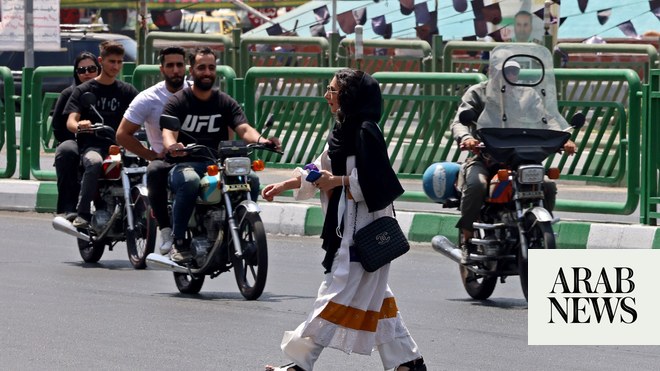
Chile’s rightwing president, Sebastián Piñera, has prompted a firestorm of criticism after naming an open supporter of Augusto Pinochet’s dictatorship as the country’s new minister for women’s rights and gender equality.
Controversy over the appointment of Macarena Santelices – who is also the dictators’s great-niece – has focused on a 2016 interview in which she praised the “good side” of the 1973-90 dictatorship in which more than 3,000 people were murdered or disappeared by security forces and many thousands more imprisoned and tortured.
She also came under criticism for her outspoken comments against immigrants.
Taking office on Wednesday, Santelices denied she had ever “endorsed or justified” human rights violations and appealed to Chileans to “judge me on what I do from today onwards, as a woman”.
But activists said her comments about the period of military rule – during which at least 316 women were raped while under torture, 11 of whom were pregnant – were entirely incompatible with her new role.
“This appointment is a flagrant provocation and demonstrates the government’s total disdain for what the Chilean feminist movement is demanding,” said Romina Parada, co-founder of the feminist collective Baila Capucha Baila.
“As far as our collective are concerned, we still don’t have a minister for women’s rights and gender equality,” she said.
Santelices studied journalism and worked for several national media outlets before becoming the mayor of Olmué, a small town in the lush valleys of central Chile, in 2012.
She resigned in October 2019 to run for the governorship of Valparaíso under the banner of the rightwing Independent Democratic Union – a party founded in 1983 to preserve the political and economic legacy of the dictatorship.
The post had been vacant for 54 days since Santelices’s predecessor, Isabel Plá, resigned after months of criticism that she had been ineffectual in the role.
“We are extremely concerned by the government’s continued appointments of non-specialist ministers who are wholly unqualified and unprepared for this role,” lamented Bárbara Sepúlveda, the executive director of Chile’s association of feminist lawyers.
“This is a decisive step backwards for women’s rights and sexual diversity in Chile – it cannot be the case that civil society organisations such as ours continue to bear the weight of upholding the country’s commitment to international human rights standards,” she said.
Santelices’s appointment comes amid a growing wave of women’s activism in Chile, two months after more than a million women marched in Santiago on International Women’s Day.
So far this year, Chile has seen 14 femicides and 34 cases of attempted femicide. Calls to a domestic violence helpline increased 125% over the final 10 days of March after the imposition of a coronavirus lockdown.
In March, Piñera signed a new law that broadened the definition of femicide to include perpetrators known to the victim rather than just formal partners or cohabiters.
“During a period in which patriarchal violence has increased, the president has appointed somebody with no experience or training in gender issues,” explained Javiera Manzi, a spokeswoman for the Coordinadora Feminista 8M organisation.
“We will not allow a person who embodies everything we stand against to lead this ministry, and as such demand her immediate removal from the role.”
The hashtag #WeHaveNoMinister has trended on social media since her appointment and several other feminist and transgender rights organisations – including Sepúlveda and Parada’s collectives – have joined calls for Santelices’s resignation.









